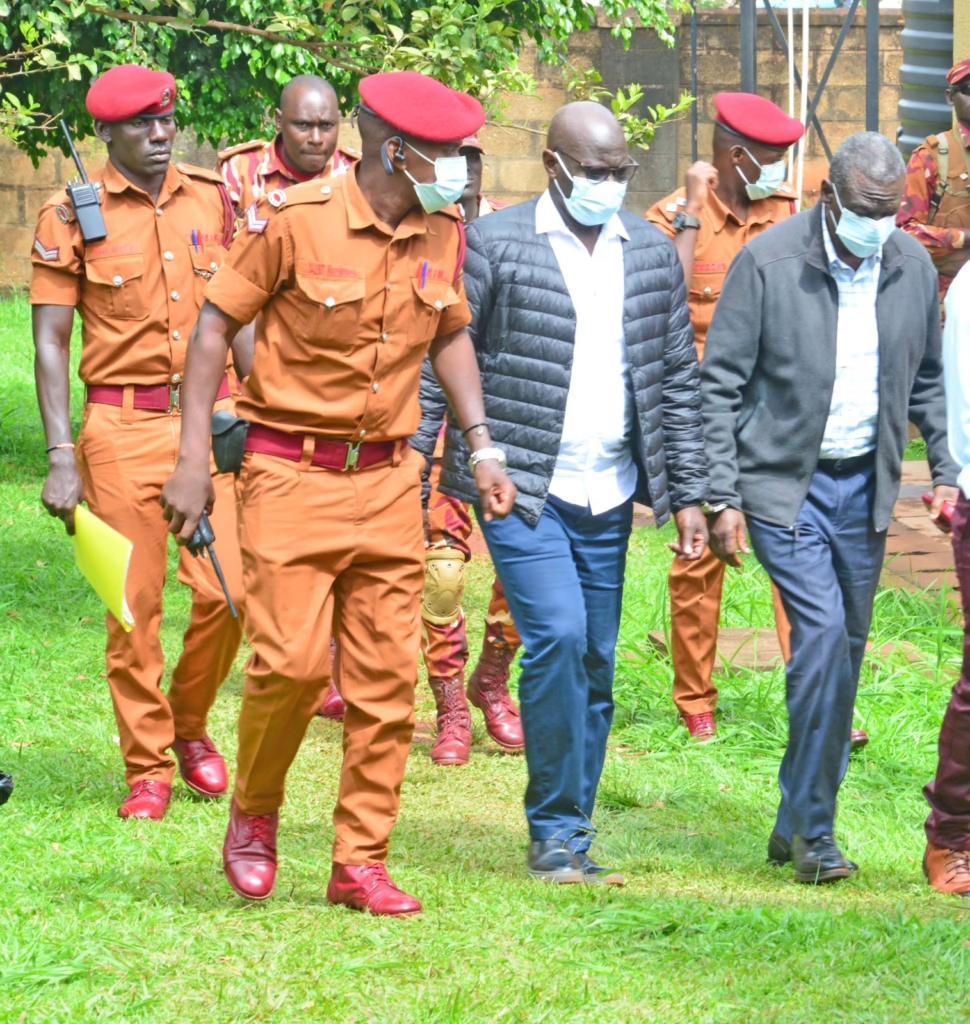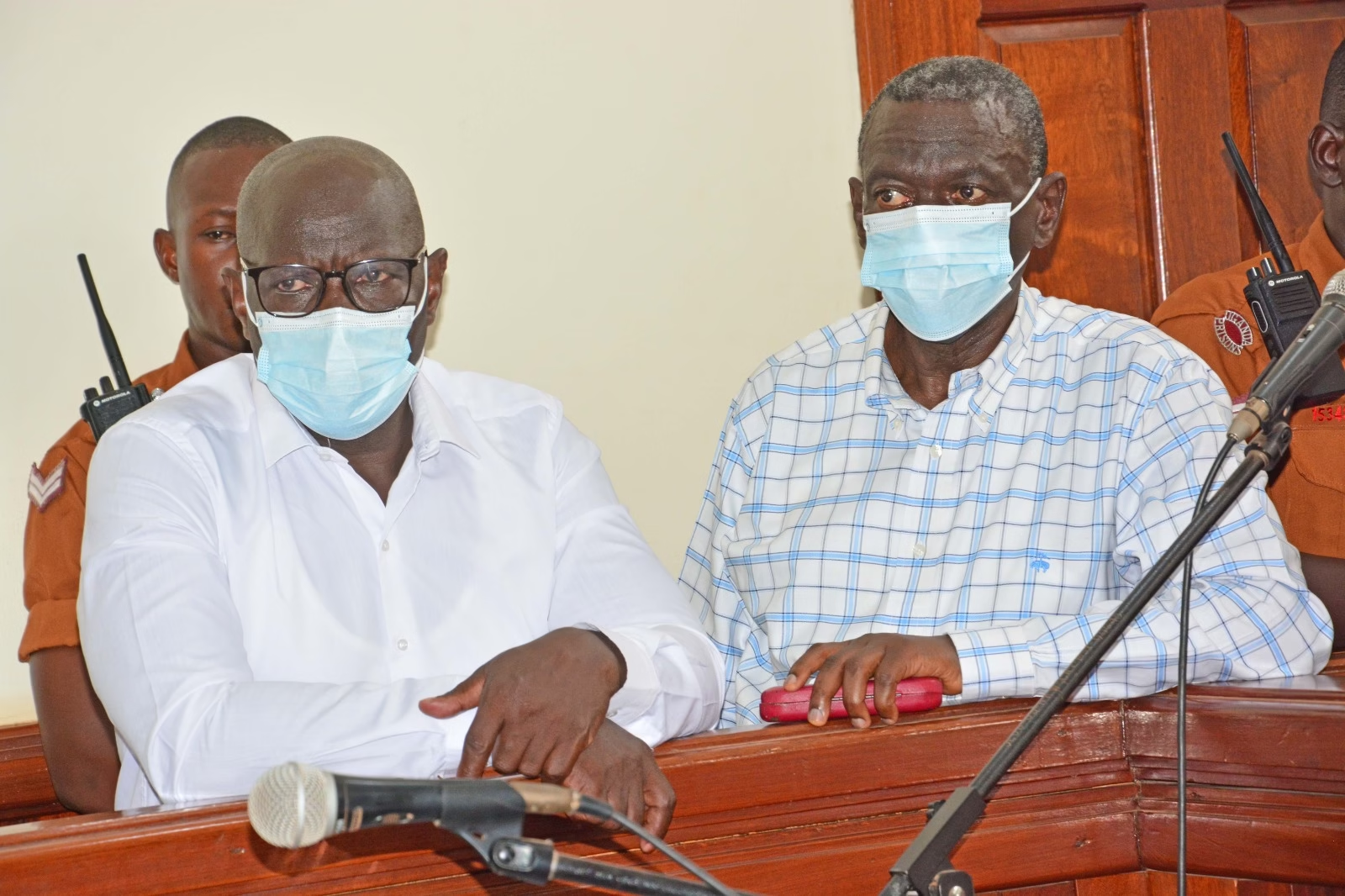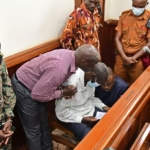The Nakawa Magistrate Court is currently hearing an application by the state to access the phones of Dr. Kizza Besigye and Hajji Obeid Lutale, who are facing treason charges. The prosecution argues that the phones may contain crucial evidence linking the accused to activities deemed subversive, such as call logs, encrypted messages, and digital communications.

Key Arguments:
- Prosecution’s Argument: The state claims that accessing the phones is necessary to retrieve potential evidence, including communications with alleged conspirators and foreign entities.
- Defense Response: Dr. Besigye’s legal team opposes the application, citing concerns over privacy rights and political persecution. They argue that there’s no lawful justification for authorities to access private communications.

Implications of the Court’s Decision:
- If granted, forensic experts will analyze the phone data, potentially impacting the case’s trajectory.
- A denial may weaken the treason case against Besigye and Lutale, as the prosecution relies heavily on digital evidence.
Background:
Dr. Besigye, a long-time opposition leader, was arrested in Nairobi and extradited to Uganda, where he’s facing treason charges alongside Hajji Obeid Lutale and Capt. Denis Oola. The case has sparked debate over digital surveillance, privacy, and political persecution.



